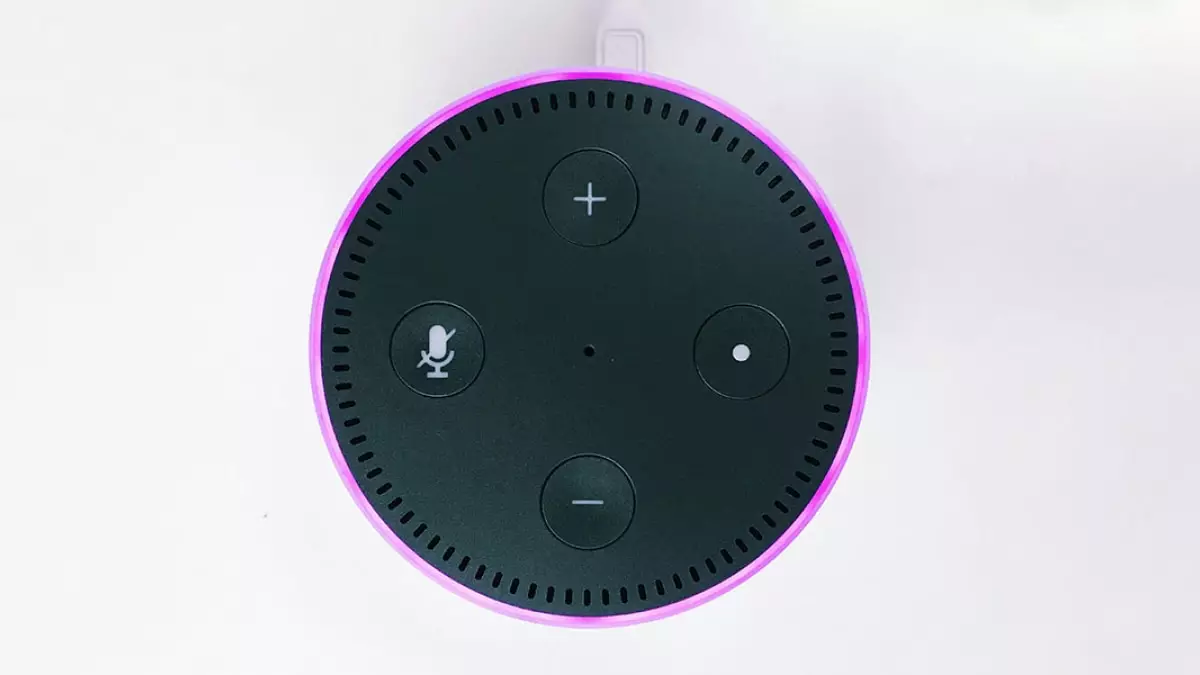In an era where technology connects individuals across the globe, the paradox of loneliness persists, particularly among older adults. As social dynamics shift with increasing reliance on digital communication, many individuals, especially the elderly, find themselves grappling with feelings of isolation. Researchers are now turning their attention to innovative solutions, such as digital voice assistants like Amazon’s Alexa, which may play a role in alleviating this pervasive sense of loneliness.
A recent study led by Elena Castro, a Health Psychology and Technology Researcher from Universitat Oberta de Catalunya, suggests that these voice assistants might be more than just gadgets—they could serve a significant purpose in addressing the emotional and psychological ramifications of loneliness in older populations. Castro’s research analyzed 13 different studies, revealing that approximately 85% indicated a positive correlation between the use of digital voice assistants and a decrease in feelings of loneliness. While these findings are promising, they are also tempered with warnings about the limitations of such technologies.
One key concern raised in the study is the aspect of privacy. Digital voice assistants operate by perpetually listening for commands, which inadvertently raises the stakes regarding personal data security. Castro emphasized the need for a dialogue surrounding privacy, noting that older individuals, who may already be vulnerable, could face risks of unintentional data breaches. Thus, along with the excitement surrounding the potential applications of voice assistants, there must be a concerted effort to prioritize data protection and educate older users on the technology they are engaging with.
Traditional initiatives to combat loneliness have primarily focused on in-person social skills training. While valuable, such methods often prove challenging for those with limited social capacities or geographical barriers. This is where AI-enhanced tools, including voice assistants, could represent a shift in approach. They offer an accessible alternative for isolated individuals who may feel uncomfortable engaging in direct social interactions.
Looking ahead, the integration of voice assistants into elder care could be transformative. Besides alleviating loneliness, these digital companions may assist in day-to-day activities, such as medication reminders and scheduling social engagements. However, it is essential to maintain a balance; experts warn against fostering an overreliance on technology for social interactions. While these devices can serve as useful tools, they should not replace genuine human connections.
While digital voice assistants hold potential in mitigating loneliness among older adults, they are not a panacea. The technology presents both innovative opportunities and significant ethical challenges that must be navigated carefully. As researchers continue to explore this intersection of technology and mental health, it is imperative to maintain a critical perspective on how these tools can be harnessed effectively and ethically in society.

Leave a Reply